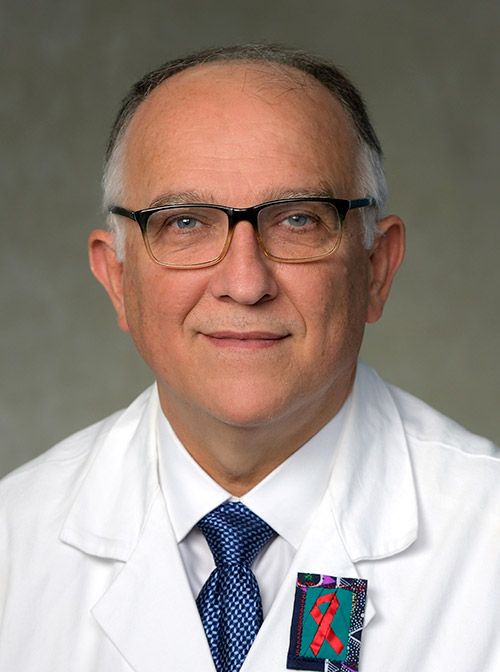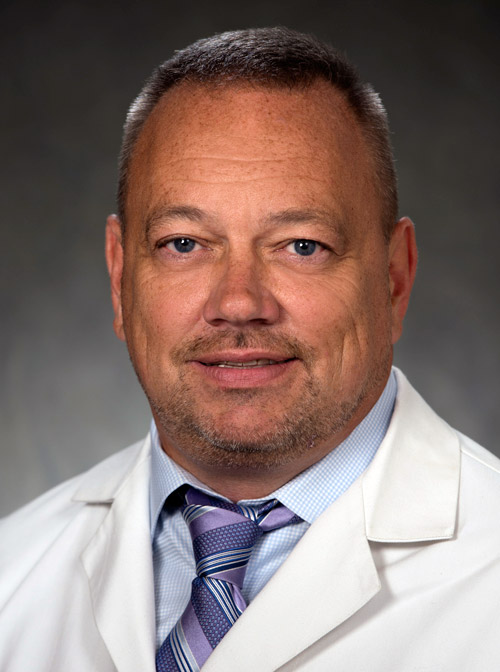
Event Details
Event Date
Event Date: Tuesday, June 13, 2023
Event Time
Event Time: 11:00 AM - to 12:30 PM
Add to Calendar Links
Event Description
What does it mean to you the results of the REPRIEVE study, the largest ever done study involving people with HIV infection?
This is the most important study related to HIV infection since the development of antiretroviral therapy.
REPRIEVE began in 2015 and enrolled 7,769 volunteers who were 40 to 75 years of age, of whom more than 30% were women. REPRIEVE volunteers were all taking antiretroviral therapy, with CD4+ cell counts greater than 100 cells/mm3 of blood at enrollment, and had low-to-moderate traditional cardiovascular disease risk that would not typically be considered for statin treatment. The trial was conducted in 12 countries in Asia, Europe, North America, South America and Africa.
The REPRIEVE study investigated whether a daily statin medication could prevent cardiovascular disease in people living with HIV who were considered to be at low-to-moderate risk of cardiovascular events such as heart attack and stroke. This clinical trial was the first of its kind and was stopped early after an interim analysis revealed compelling findings.
Participants who took pitavastatin calcium, a daily statin pill that reduces cholesterol, experienced a 35 percent reduction in the risk of major adverse cardiovascular events compared to those who took a placebo. Based on these findings, the independent Data Safety and Monitoring Board (DSMB) recommended stopping the trial early, which was accepted by the National Institutes of Health (NIH).
Objectives
- To provide an overview of the REPRIEVE study and its key findings.
- To highlight the significance of the study to everybody living with HIV.
- To understand how the results of REPRIEVE will be implemented.
Speakers
Dr. Pablo Tebas, MD
Professor of Medicine, University of Pennsylvania School of Medicine
Dr. Tebas is a researcher focusing on complications of HIV, treatment, and strategies for curing HIV infection. He is Director and Principal Investigator (PI) at the AIDS Clinical Trial Unit (ACTU) of the University of Pennsylvania. He is a founding member of the HIV Reservoirs and Viral Eradication Transformative Science Group (TSG) within the AIDS Clinical Trial Group (ACTG). Dr. Tebas takes the lead as Principal Investigator in early phase trials of new compounds, including Phase I studies of broadly neutralizing antibodies in cure related strategies. He works alongside Dr. Carl June and Dr. Jim Riley on various gene therapy studies that explore the therapeutic use of lentiviral vectors in managing HIV infection. Dr. Tebas has a clinical focus on treating people with HIV and related conditions, such as hepatitis C. He is an attending physician in the infectious disease service at the Hospital of the University of Pennsylvania (HUP).

Dr. William Short, MD, MD, MPH, FIDSA
Associate Professor of Medicine in the Division of Infectious Diseases at the University of Pennsylvania Perelman School of Medicine in Philadelphia.
Dr. Short, MD, MPH, FIDSA interests are in women’s Health and aging with HIV infection


